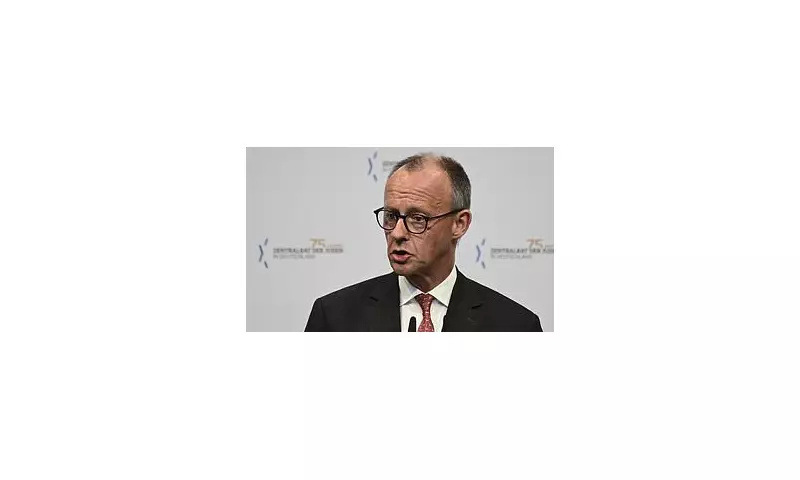
German Chancellor Olaf Scholz has delivered a sobering and stark assessment of the nation's economic future, warning that the very model of its society is under threat and faces potential ruin.
In a startling admission that has sent shockwaves through the political establishment, the Chancellor declared that Germany's treasured 'living means' principle – the foundational idea of its social market economy – is buckling under immense financial pressure and may no longer be sustainable.
A Perfect Economic Storm
The nation is grappling with a confluence of severe crises. The ongoing energy catastrophe, fuelled by the war in Ukraine and the severance of reliable Russian gas supplies, has hammered the continent's industrial powerhouse. Soaring inflation is eroding purchasing power, while a sluggish transition to green energy and a global economic slowdown have created what experts are calling a 'perfect storm'.
This multi-fronted economic assault is pushing the nation's generous welfare system, a point of national pride for decades, to its absolute breaking point.
The Breaking Point of the Welfare State
For generations, Germany's Soziale Marktwirtschaft (social market economy) has promised citizens security and a high standard of living. However, Chancellor Scholz now suggests the immense cost of upholding this promise is becoming untenable.
The system, designed to ensure dignity and means for all, is now straining under the weight of:
- Sky-high energy costs crippling industry and households alike.
- Rampant inflation driving up the cost of social security payments.
- An ageing population placing unprecedented demands on pensions and healthcare.
- Slumping economic growth reducing the tax revenue needed to fund it all.
The Chancellor's grim diagnosis points to a system that is fundamentally struggling to pay its way, raising the spectre of drastic cuts or systemic failure.
A Nation at a Crossroads
This admission places Germany at a critical juncture. The government is now faced with a series of deeply unpopular choices: either scale back the extensive welfare promises that define the modern German state or find a way to revitalise an economy that is quickly losing its competitive edge on the world stage.
Scholz's coalition government is under intense pressure to formulate a response. The coming months will be crucial in determining whether Europe's largest economy can navigate these treacherous waters or if it will succumb to what many fear is an inevitable decline.
The world watches closely, aware that the fate of the German economic model has profound implications for the entire European project and the global economy.





